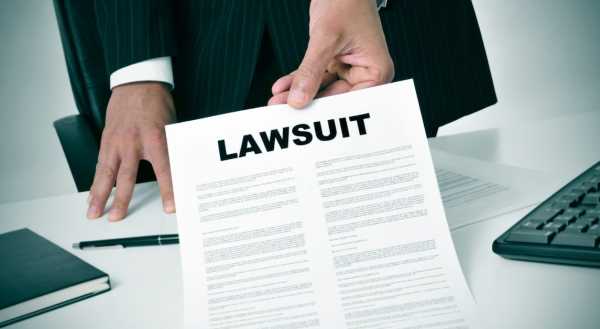There are so many ways that you can get injured, because of the negligence of another. So it follows that there are just as many different types of personal injury lawsuits that can happen. It`s an umbrella term used to refer to various sub-lawsuits like medical negligence, workplace accidents, car accidents, slips and falls, and assault, among others. Specifically, a personal injury lawsuit is one that typically arises when the victim, or the plaintiff, has suffered harm from an accident or injury that`s due to the negligence of another party. The injured party is then entitled to compensation for ongoing medical expenses, other bills, and non-monetary expenses like the price paid for suffering.

To ensure your lawsuit goes as smoothly as planned, be sure to beef up your knowledge of it. Here are some important points to know:
1. The Statute Of Limitations Apply
The statute of limitations is defined by the court as the legally allowed time to file a claim or case. If you wait too long and let this time pass, it may be impossible for you to recover damages for your personal injury case.
Whatever the extent of your physical injuries is, do ensure you aren`t going to go beyond the deadlines for each step. There are filing deadlines you have to comply with, as the statute of limitations applies in personal injury cases. When this persists, it means you`re forever barred from bringing a case up in court.
2. Dealing With An Insurance Company May Be Inevitable
If the defendant has an insurance policy that covers the type of personal injury you`re suffering from, this means that dealing with that respective insurance company is inevitable.
When the defendant has an insurance policy that covers your injuries, that should be a positive note on your end. If the defendant has very little in the way of assets, your personal injury case may not necessarily have the happy ending you were expecting.
Getting a favorable judgment is one thing. But, actually receiving compensation and collecting your award for damages is another.
3. Gathering Evidence Is Necessary
Like any other lawsuit, filing a personal injury case also necessitates gathering evidence to beef it up. You have to prove strongly that you`ve been injured because of the acts or negligence of another individual.
Hence, as soon as you can, start documenting the injuries you`ve sustained. These should include:
- Physical injuries: like lacerations, bruises, and cuts
- Pain and suffering: in the form of loss of income and sustaining medical bills.
- Emotional distress: like trauma and anxiety attacks
Next, you then have to prove the extent of your injuries. The proof can include the following:
- Psychological evaluations: like counseling notes and psychological tests
- Medical records: such as MRI scans, X-rays, and CT scans
- Physical therapy records: like assessments, charts, and reports
- Police reports: which should include eyewitness testimonies, accident reports, and witness statements.
4. Possible Outcomes In Your Personal Injury Case
When you file a personal injury case, there are generally going to be two outcomes to the case. These include:
- Formal lawsuit: It starts when a private individual files a civil complaint against another government agency, person, business, or corporation.
- Informal settlement: It usually takes the form of negotiation, usually followed by a written agreement where both sides agree not to proceed with court litigation.
5. Hire A Personal Injury Lawyer
Hiring a personal injury lawyer is a must, to make your personal injury case prosper in court. Once you have a case in court, it`s important for you to start looking for a personal injury lawyer whom you can trust.
Most personal injury lawyers are happy to provide you with a free consultation to discuss the merits of your case. Go through this process as thoroughly as possible, so you can identify any red flags. Don’t rush this process; otherwise, you might just regret the lawyer you`re going to hire. The better your lawyer is, the better the outlook on your case is going to be.
Fortunately, personal injury lawyers charge on a contingency basis. This means that, upon hiring, you don`t have to pay your lawyer any fee just yet. The lawyer will simply charge a percentage of the settlement or compensation you`re going to receive. You should clarify what this amount is, so you`re able to balance quality with a reasonable fee.
Conclusion
The information provided above should be sufficient to expand your knowledge and ideas about personal injury cases. Yes, you`re most likely going to hire a lawyer to help work out your personal injury case. And, you`ll need them to represent your case in court.
Having a lawyer is an advantage, but this doesn`t mean that you shouldn`t at least beef up on the basics regarding personal injury cases. The more you know, the more adept you will be at going through the lawsuit as smoothly as possible, so you can receive your intended compensation.

